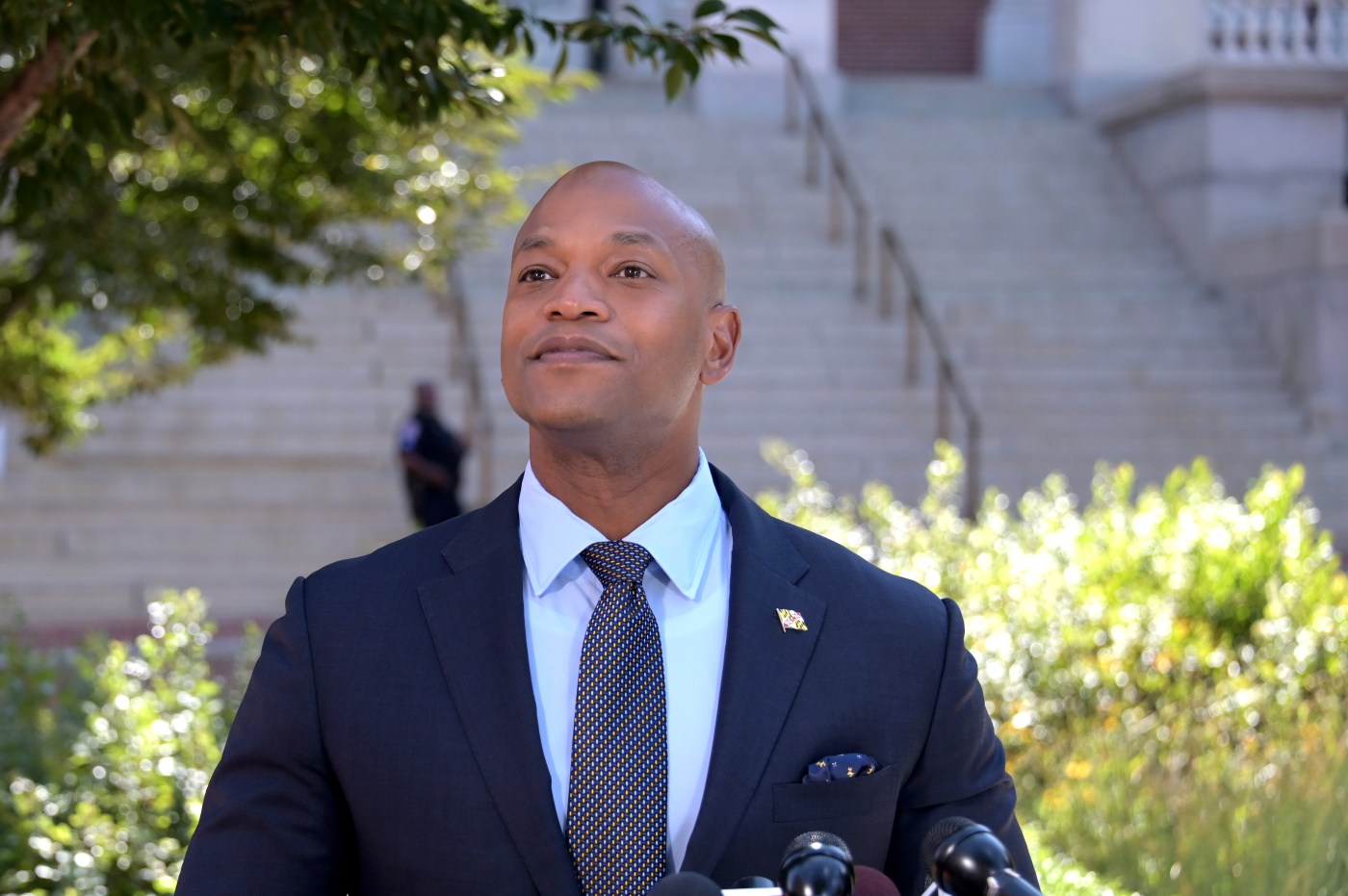The political landscape in the United States is evolving, and Wes Moore, the first-term governor of Maryland, may be a significant figure for the Democratic Party in the upcoming 2028 elections. Unlike many of his peers, Moore’s leadership style is characterized by a focus on moral responsibility rather than divisive rhetoric. His personal story and policy achievements suggest he could offer a fresh vision at a time when the party is in search of new direction.
Moore’s journey began with profound personal loss; his father passed away when he was young. This early tragedy forced him to confront critical life questions, shaping his perspective on duty and service. His memoir, The Other Wes Moore, highlights how two boys with the same name and similar beginnings could end up on vastly different paths—one in prison, the other in leadership. This narrative reflects Moore’s understanding of the complexities of life and governance.
Transformative Policies and Governance
Beyond his compelling background, Moore’s governance has been marked by pragmatic and ambitious reforms aimed at addressing systemic issues. His efforts to combat poverty have been particularly notable. Within his first year, he expanded tax credits that lifted thousands of children out of poverty, impacting around 160,000 young lives. This policy exemplifies his commitment to transformative change rather than superficial fixes.
Moore has also accelerated Maryland’s minimum wage to $15—a full two years ahead of schedule. This initiative not only enhances family security but also affirms the dignity of work. Additionally, his sweeping pardon of 175,000 marijuana-related convictions demonstrates his belief that mercy is a strength, not a weakness.
In the realm of public safety, Moore has taken a balanced approach, investing in both data-driven policing and violence prevention strategies. The result has been a significant decrease in homicides in Baltimore, which have reached their lowest levels in nearly a decade.
Commitment to Education and Health Equity
Education and workforce development have also been central to Moore’s agenda. His record-setting investments in education indicate a recognition that social mobility requires tangible support systems. By promoting initiatives that provide real opportunities, he is working to ensure that the next generation has a fair chance to succeed.
Moore’s commitment to health equity is evident through his efforts to expand drug affordability and improve access to abortion services. These initiatives position Maryland as a model of progressive pragmatism, reflecting a broader dedication to creating equitable health outcomes for all citizens.
As the Biden administration grapples with aging leadership, the Democratic Party is at a crossroads. The urgency for a new generation to step forward with more than just slogans is palpable. Moore represents a type of leadership that prioritizes service over spectacle, embodying values of grace and responsibility.
The upcoming election cycle could present a unique opportunity for Moore, who not only has a compelling narrative of personal resilience but also a proven track record of impactful governance. His vision of a government as an instrument of care rather than a platform for self-promotion could resonate with voters disillusioned by the current political climate.
In 2028, Americans will face a crucial decision: Do they still believe in the ideals of redemption and the possibility of government as a force for good? While Wes Moore may not have all the answers, he certainly raises the essential question of what kind of nation we aspire to be when the cameras are off. His blend of humility, ambition, and a commitment to service may just be the antidote the Democratic Party needs as it prepares for the future.






































































